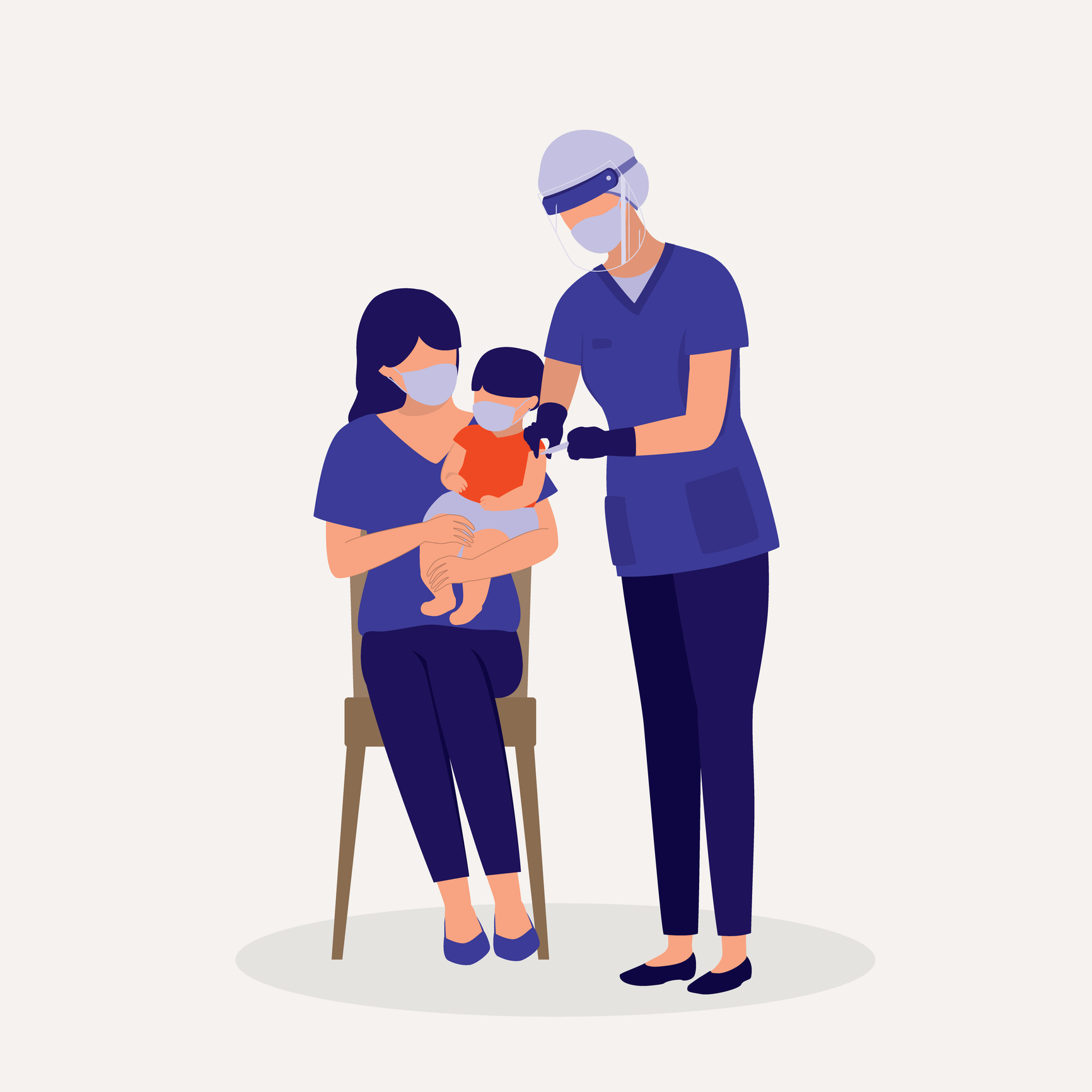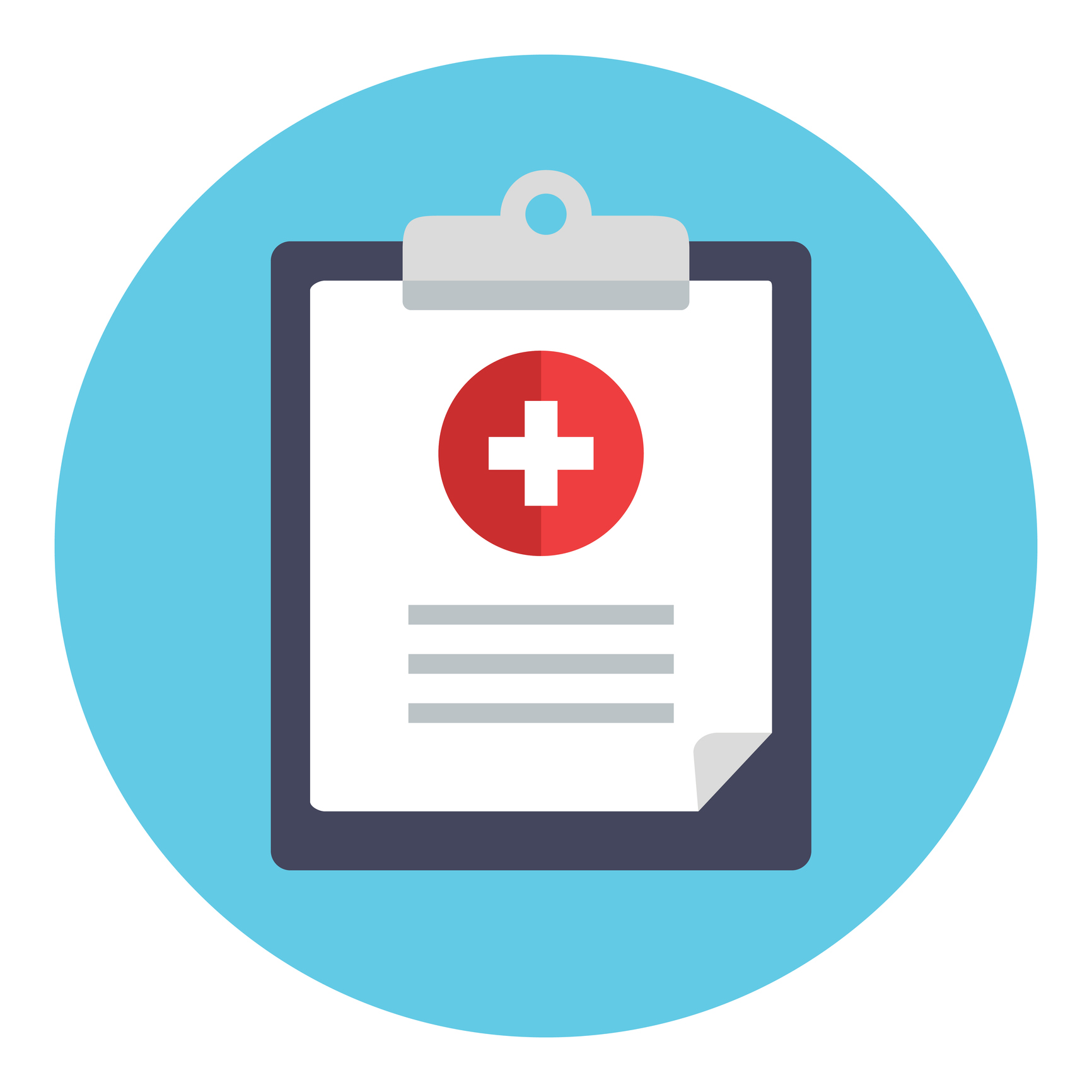MenACWY Vaccine
Two quadrivalent meningococcal conjugate (MenACWY) vaccines are currently licensed and available in the United States: Menveo® or MenQuadfi®
Routine MenACWY Vaccination of Adolescents
CDC recommends routine vaccination with a single dose of MenACWY (Menveo or MenQuadfi) for pre-teens aged 11 –12 years. Since protection wanes, a booster dose is recommended at 16 years of age. The booster dose provides protection during the ages when adolescents are at highest risk of meningococcal disease.
MenACWY Vaccination of Young Children and Adults at Increased Risk
CDC recommends routine vaccination with MenACWY for persons aged ≥2 months at increased risk for meningococcal disease, including:
- Persons with certain medical conditions:
- Persistent complement deficiencies
- Functional or anatomical asplenia (including sickle cell disease)
- HIV
- Persons taking specific medications:
- Complement inhibitor (e.g., Soliris® or Ultomiris®)
- Persons working in specific professions or living in specific settings:
- Microbiologists routinely exposed to isolates of Neisseria meningitidis
- Military recruits
- First-year college freshmen living in residence halls
- Persons at risk during an meningococcal outbreak (e.g., community or organizational settings, and among men who have sex with men [MSM]).
- All MSM, regardless of HIV status, should receive at least one dose of meningococcal conjugate vaccine.
- Consider a booster dose for MSM who received MenACWY vaccine ≥5 years ago.
- Persons traveling to or residents of countries where meningococcal disease is hyperendemic or epidemic.
Persons who remain at increased risk will need regular booster doses.
- Children age <7 years, should receive a booster dose 3 years after completion of the primary series and every 5 years thereafter.
- Children ≥ 7 years old and adults, should receive a booster dose 5 years after completion of the primary series and every 5 years thereafter.
See Meningococcal Vaccines- High-Risk Populations for more details.
MenB Vaccine
CDC recommends vaccination of healthy adolescents or young adults aged 16-23 years (preferred age is 16-18 years) with a MenB series with shared clinical decision-making. Administering MenB vaccine at the preferred age range maximizes the likelihood that vaccinated adolescents will have protection during the time when they are at highest risk.
Certain children (>10 years old) and adults should receive this vaccine if they:
- Have certain medical conditions (complement deficiency, functional or anatomic asplenia)
- Are taking a complement inhibitor (Soliris® or Ultomiris®).
- Are part of a population identified to be at increased risk because of a serogroup B meningococcal disease outbreak.
- Work as microbiologist who is routine exposed to meningitidis
Persons who remain at increased risk need regular booster doses.
- Administer a booster dose of MenB vaccine 1 year after completion of the series and then every 2 – 3 years thereafter.
- Persons at increased risk due to an outbreak who previously received the MenB series, should receive a booster dose if a year or more has passed since the primary series.
Both MenB vaccine products require more than 1 dose for maximum protection and may require additional boosters if individuals remain at increased risk. Use the same brand of MenB vaccine (Bexsero OR Trumenba) for each dose in the series.
- For individuals ages 16 – 23, based on shared clinical decision making:
- Administer 2 doses at 0 and 6 months
- For individuals 10 years of age and older at increased risk, including during outbreaks of serogroup B:
- Administer a 3-dose primary series at 0, 1 – 2, and 6 months
Pentavalent Meningococcal Vaccine (MenACWY – MenB)
CDC recommends pentavalent meningococcal vaccine as an option for patients receiving MenACWY and MenB vaccines at the same visit. Pentavalent meningococcal vaccine is indicated for
- Healthy persons aged 16 – 23 years (routine schedule) when shared clinical decision-making favors MenB vaccine, and
- Persons aged ≥10 years who are at increased risk of meningococcal disease.
There are two brands of MenABCWY vaccine approved by FDA—one includes Trumenba® and one includes Bexsero®:
- GSK: PENMENVY (MenABCWY) contains Bexsero (MenB)
- Pfizer: PENBRAYA® (MenABCWY) contains Trumenba (MenB)
MenB brands are not interchangeable. Which MenB vaccine should be given for the second MenB shot depends on which MenABCWY vaccine is used. For example, if someone gets the
- PENMENVY (MenABCWY) vaccine, then Bexsero® (GSK) should be given for the second MenB shot.
- PENBRAYA® (MenABCWY) vaccine, then Trumenba® (Pfizer)should be given for the second MenB shot.
Use the following examples of suggested routine dosing if using MenACWY-MenB:
- Example 1:
- Dose 1 (11-12 years) = Menveo (MenACWY-CRM) or MenQuadfi (MenACWY-TT)
- Dose 2 (16-18 years) = Penmenvy (MenACWY/ Bexsero MenB)
- Dose 3 (16-18 years, ≥6 months after dose 2) = Bexsero® (MenB)
- Example 2:
- Dose 1 (11-12 years) = Menveo (MenACWY-CRM) or MenQuadfi (MenACWY-TT)
- Dose 2 (16-18 years) = Penbraya (MenACWY/ Trumenba MenB)
- Dose 3 (16-18 years, ≥6 months after dose 2) = Trumenba® (MenB)
If pentavalent meningococcal vaccine is not available, administer MenACWY and MenB vaccines as two separate vaccinations.
All meningococcal vaccines can be administered with other vaccines, including HPV and Tdap which are usually administered during the preteen and adolescent visits.
For routine meningococcal vaccine guidance, view the Meningococcal Vaccines for Adolescents and Young Adults: Routine Risk job-aid. Guidance for high- risk populations can be found here.





